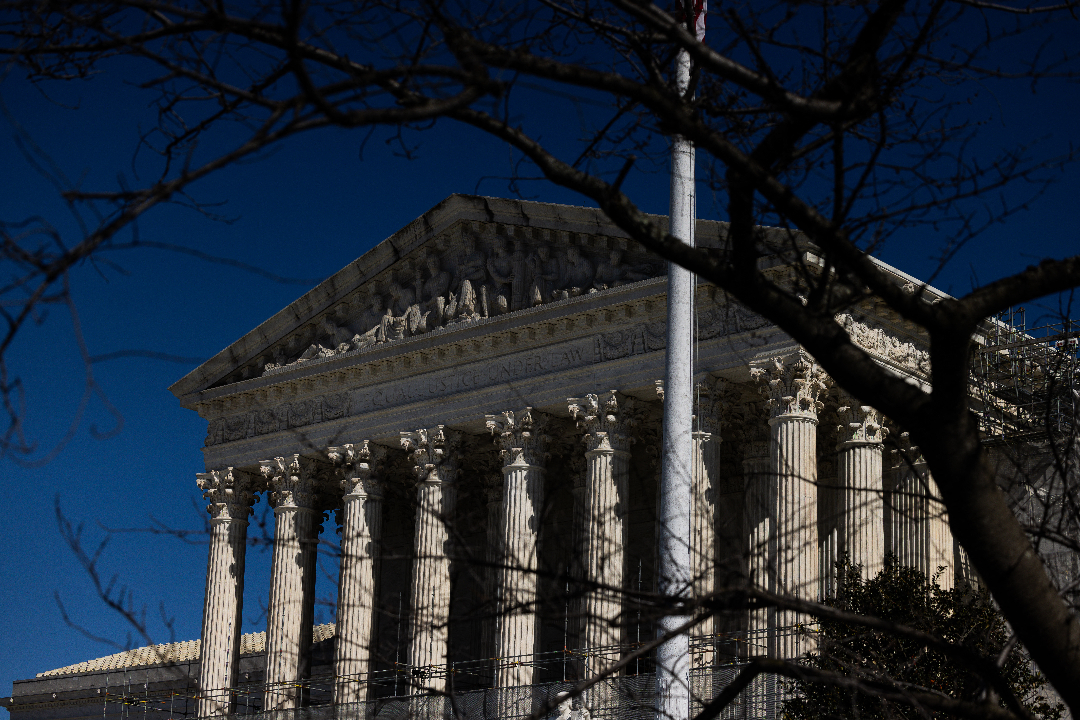Does the public have a right to know who exactly is paying to lobby judges to deliver favorable rulings? A committee in charge of federal judiciary rules recently said yes, but some of the most powerful corporate and conservative forces in Washington are now saying hell no — and trying to keep the information secret.
At issue are amicus briefs, expert legal filings designed to sway judges considering cases. Over the past several decades, business interests have built a lucrative industry in which they pay shadowy advocacy groups to author the briefs on their behalf, leaving the public and judges unable to know who sponsored the filings.
The panel of federal judges overseeing judicial branch procedures recently issued a new rule requiring the filers of these amicus briefs to disclose most of their financial backers and potential conflicts of interest when they file the briefs in lower courts.
But some of the most prolific dark money groups that routinely file amicus briefs are now urging the panel to kill the rule. These groups claim that donor disclosure rules would violate the First Amendment and a 2021 Supreme Court ruling that allows nonprofits to hide their donors from state regulators.
At least four groups that have filed comment letters opposing the new rule have financial connections to President Donald Trump’s former judicial advisor Leonard Leo, who has used a record-breaking $1.6 billion dark money windfall to reshape the country’s political and judicial systems along conservative lines. Several key industry players that have fought to overturn campaign finance laws, including the National Association of Manufacturers and the United States Chamber of Commerce, have also filed comment letters opposing the new…
Auteur: Freddy Brewster

